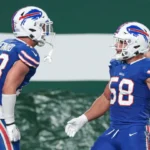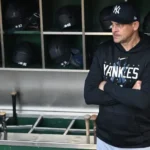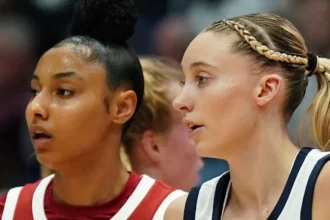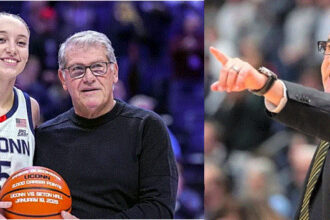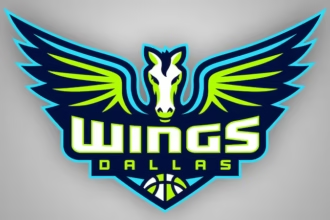You never really consider some people dying until it happens. That was the case with Bill Walton, who passed away on Monday after a long battle with prostate cancer.
Walton found immense joy in life. It was evident in his basketball career, starting at UCLA where he won consecutive championships and contributed to a record 88-game winning streak, then in the NBA when he was healthy, and later as he built a unique and engaging broadcast career.
People loved him for his eccentric verbal tangents. He might discuss the Dalai Lama, then segue to solar technology, the Grateful Dead, the PAC-12, or the lasting lessons of John Wooden.
His mind was sharp and effervescent, never idle.
However, it wasn’t always peaceful.
His injuries began in high school and persisted beyond college and sporadic NBA seasons.
Walton endured immense pain throughout his life. He underwent more than 30 surgeries, perhaps many more. Injuries were a constant for him because his bones, particularly in his feet, were essentially fragile. At one point, the pain was so unbearable that he seriously contemplated suicide.
Eventually, he found doctors who could help him and transitioned to a highly entertaining broadcast career. What many might not know is that he was a stutterer. Speaking itself was a challenge he had to overcome.
Consider that. Imagine the resolve he needed to overcome that obstacle, the courage to tackle it by appearing on TV multiple nights a week. Did you ever hear him stutter during a broadcast? Almost certainly not.
His basketball career didn’t go as planned after UCLA. Walton suffered severe injuries and missed numerous games.
But in the 1977 season, his health and talent aligned as Portland achieved a remarkable championship season. With his long hair and headband gone and a freshly trimmed beard, Walton looked and played like a Greek God.
The next season, he was the league MVP… and then the devastating injuries returned.
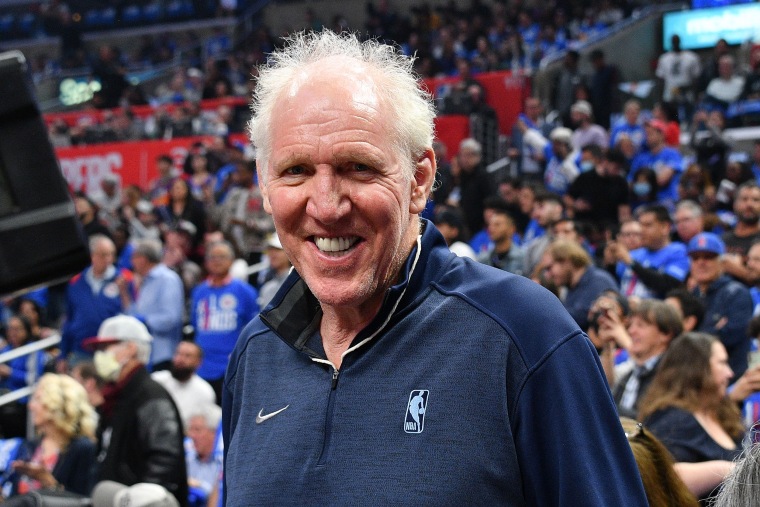
He sat out 1979 in protest of his treatment and was traded to his hometown of San Diego, where the Clippers used to play.
He endured four more injury-riddled seasons before being traded to the Celtics, where he found new life.
Medical experts had deemed him hopeless, but Red Auerbach and Larry Bird only asked if he believed he could play. He did, and they took a chance on his self-belief.
In 1986, Walton came off the bench as the sixth man, and something special happened. Watching Walton and Bird together was poetry. No one has ever matched their frontcourt passing. Fast breaks were exquisite. Interior passing was unparalleled. Even today, no one has seen anything quite like it. Walton and Bird distilled the game to its purest form.
It didn’t last, of course. Walton’s basketball intelligence was unparalleled. His competitive drive was immense. But his body was not built to withstand such stress. It failed him throughout his career and after until he found relief.
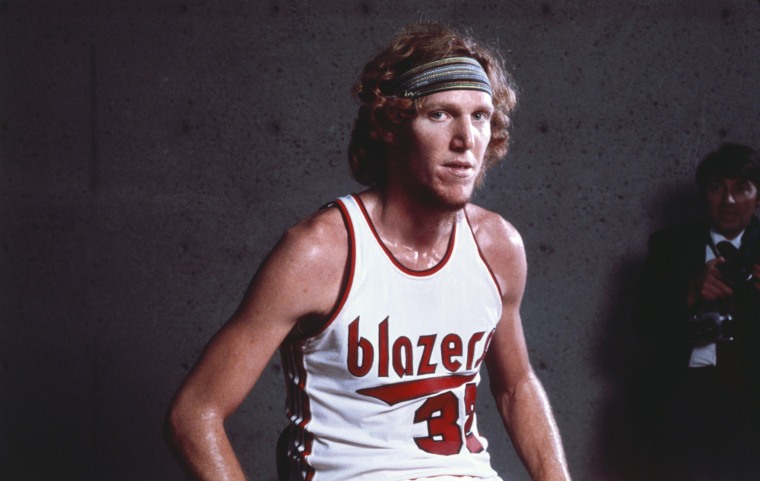
Despite his suffering, Walton maintained a positive attitude. He was incredibly curious and kind, living life on his own terms.
Once he regained his health, Walton was unstoppable. And why not? He had overcome so much. He savored every moment.
There has always been a “what if” about him. What if he hadn’t suffered such terrible injuries? What if his body had been as durable as his brother Bruce’s, who played in the NFL?
Incidentally, they are still the only brothers to win both a Super Bowl (Bruce with Dallas) and an NBA Championship (Bill with Portland and Boston).
The reality is even better. Walton emerged from immense suffering and found a level of happiness that transcended all he had endured. He lived life on his own terms and, though he never fully realized his basketball dreams, he found a contentment that most would envy.
It’s sad to think of a world without him, but knowing Walton, he’s likely viewing his afterlife as a grand adventure, just waiting for everyone to catch up.

